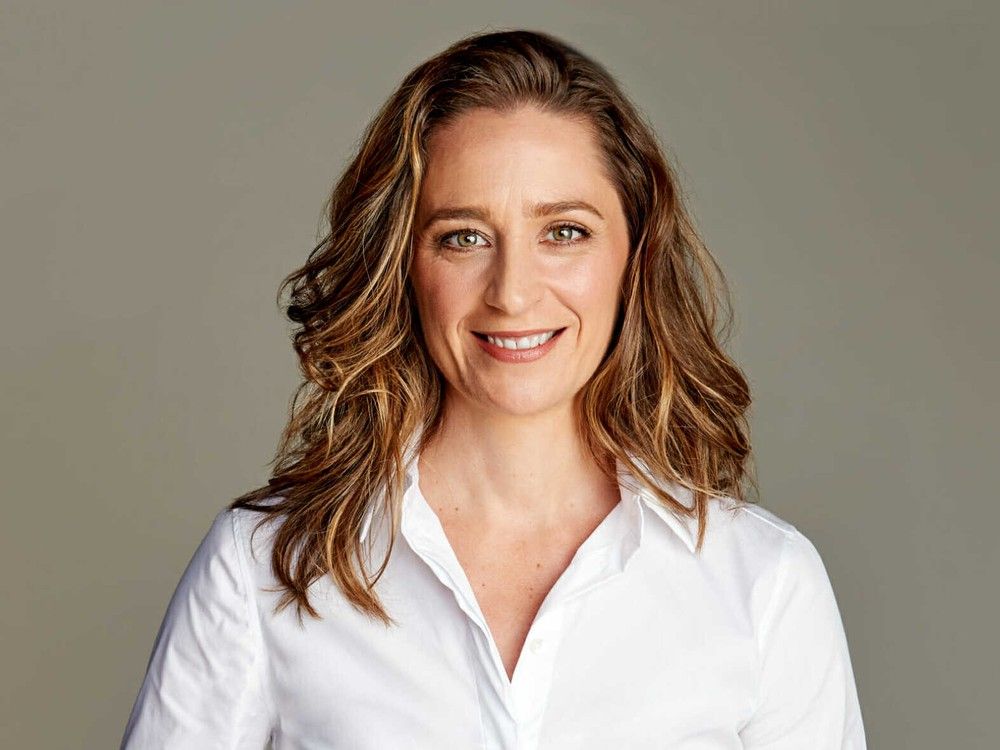
Article content
Notre-Dame-de-Grâce—Westmount MP Anna Gainey has appealed to federal Health Minister Mark Holland to intervene in a controversial new language directive in Quebec under the Canada Health Act.
In an official statement posted on X on Wednesday evening, the Liberal Member of Parliament said she had “serious concerns” about the directive issued on July 18 that restricts the use of languages other than French in the health sector to exceptional situations like emergencies. The 31-page directive by the Health Ministry also now requires of historic anglophones that they obtain an eligibility certificate from the Education Ministry to seek and receive medical services in English only.
Article content
“I spoke with Minister Holland and shared the serious concerns constituents have expressed regarding the directive,” Gainey said in her statement. “They are very worried because the directive would interfere with effective communication between them and their caregivers. The scientific evidence is overwhelming; effective communication is an essential component for the delivery of safe and effective health and social services.”
Gainey suggested the directive may interfere with one of the five principles enshrined in the Canada Health Act (CHA) — that of accessibility, which guarantees that every Canadian “have reasonable access to insured hospital, medical and surgical-dental services on uniform terms and conditions, unprecluded or unimpeded, either directly or indirectly, by charges … or other
means.”
Gainey had also been in contact “with a number of my caucus colleagues to ensure that the federal government, which is a major partner under the Canada Health Act, is aware of these concerns and prepared, if necessary, to step up and insist upon respect for its fundamental principles, in particular as it relates to universal access to care in both official languages.
Article content
“The Quebec health and social services network has the capacity to provide and has been providing for decades services in both official languages based on the preferred language of service of the individual,” Gainey added.
Article content
Holland was not immediately available for comment. On Friday, Anne Grenier, a senior media relations adviser at Health Canada, said the federal government was preparing a response on the issue of the CHA and the Quebec directive.
Gainey’s invocation of the federal law sets up a potential clash between Ottawa and Quebec over linguistic matters that the Trudeau government has long sought to avoid. It also raises the prospect under the CHA of a possible legal challenge to the directive — and perhaps even to Bill 96, which the Legault government adopted two years ago to overhaul the Charter of the French Language.
Quebec constitutional lawyer Frédéric Bérard, who has already suggested the language directive is vulnerable legally, acknowledged in an interview with The Gazette last week that invoking the CHA “might be a way to create some kind of a court challenge”, but he remained skeptical. Still, other legal experts maintain that limiting the use of English for medical services in Quebec clearly violates the CHA’s accessibility principle.
Meanwhile, French Language Minister Jean-François Roberge has not followed up with his offer last week to meet with anglophone leaders. On Tuesday, Roberge took to the X social media platform again to defend the directive, saying it was “imperative to take strong action to ensure the vitality of the French language and this is what we have been doing since 2018.
“It is important to reiterate, however, that when it comes to health, the government imposes absolutely no language conditions before providing care in English to anyone who requests it.”
That last statement by Roberge prompted a sharp rebuke by former Quebec senator André Pratte, who wrote on X that “if things were as clear as the minister says, it would not have taken a 31-page directive to tell health personnel what to do when a patient dares to ask to be treated in the language they understand best.”
Share this article in your social network